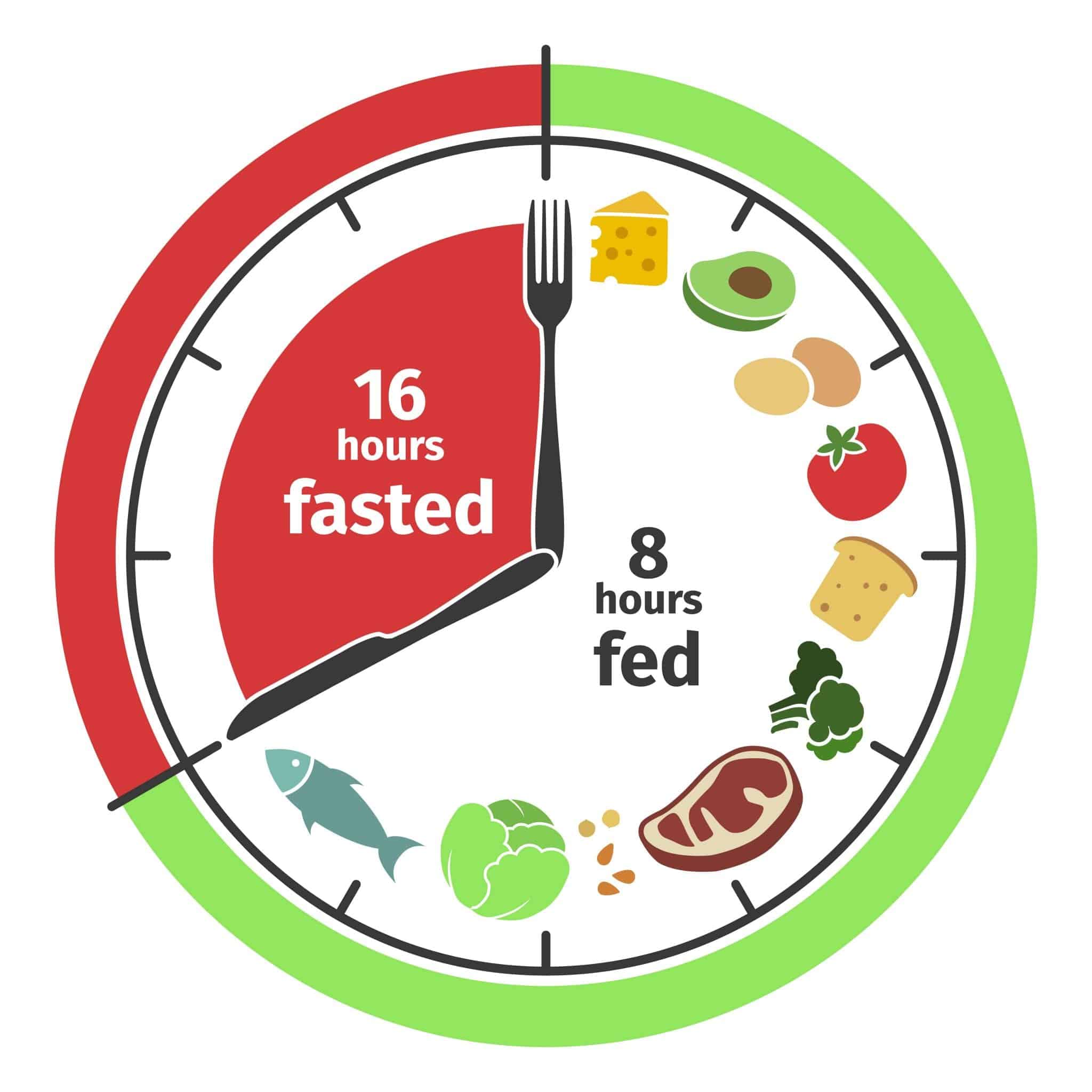Intermittent Fasting
Intermittent Fasting
- What is intermittent fasting?
Many diets focus on what to eat, but intermittent fasting is all about when you eat.
With intermittent fasting, you only eat during a specific time. Intermittent fasting is an eating pattern where you cycle between periods of eating and fasting.
- How does intermittent fasting work?
There are several different ways to do intermittent fasting, but they are all based on choosing regular time periods to eat and fast. For instance, you might try eating only during an eight-hour period each day and fast for the remainder or you might choose to eat only one meal a day two days a week. There are many different intermittent fasting schedules.
- What can I eat while intermittent fasting?
During the times when you’re not eating, water and zero-calorie beverages such as black coffee, coconut water, and black tea are permitted.
- Type of Intermittent Fasting
-
|
Alternate day fasting
|
Alternating feast (ad lib intake) and fast days (≤25% of energy needs)
|
-
|
Time- restricted fasting
|
Eating only during certain time periods (i.e., 8 hours), then fasting for remaining hours of the day
|
-
|
Periodic fasting
|
Fasting for up to 24 hours once or twice a week with ad lib intake on the remaining days
|
- Do’s and Don’ts of Intermittent Fasting
- Avoid sugars and refined grains. Instead, eat fruits, vegetables, beans, lentils, whole grains, lean proteins, and healthy fats (a sensible, plant-based diet).
- Let your body burn fat between meals. Don’t snack. Be active throughout your day. Build muscle tone.
- Consider a simple form of intermittent fasting. Limit the hours of the day when you eat, and for best effect, make it earlier in the day (between 7 A.M. to 3 P.M, or even 10 A.M. to 6 P.M., but definitely not in the evening before bed).
- Avoid snacking or eating at night-time, (Specially at Night)
- Add Lots of Water, Coconut Water, Lemon Water (No Salt & Sugar)
- Black Coffee (No Salt & Sugar) etc. during fasting time.
- Intermittent Fasting Benefits
- Help in weight loss. [fat burn]
- Speed up metabolism.
- Improve brain function.
- Detoxification.
- Physical performance.
- Anti aging.
- Good for the heart.
- Reduces hunger craving.
- Is Intermittent Fasting Safe?
- Hunger
- Fatigue
- Insomnia
- Nausea
- Headaches
- Who Shouldn’t Do Intermittent Fasting?
- Children and teens under age 18.
- Women who are pregnant or breastfeeding.
- People with uncontrolled diabetes or blood sugar problems.








